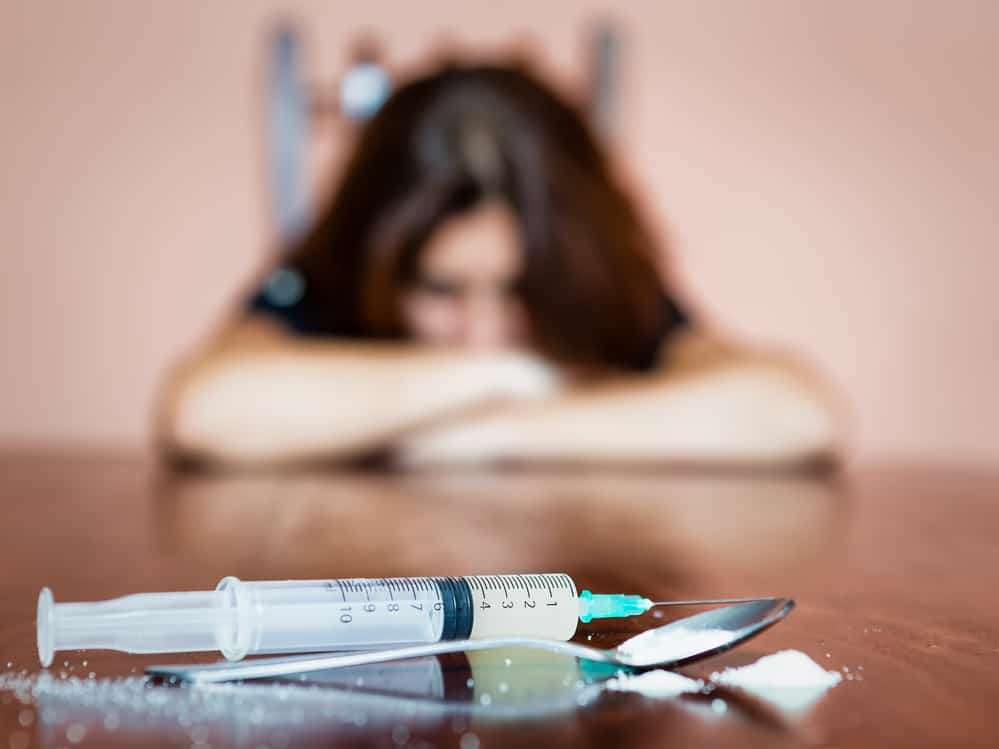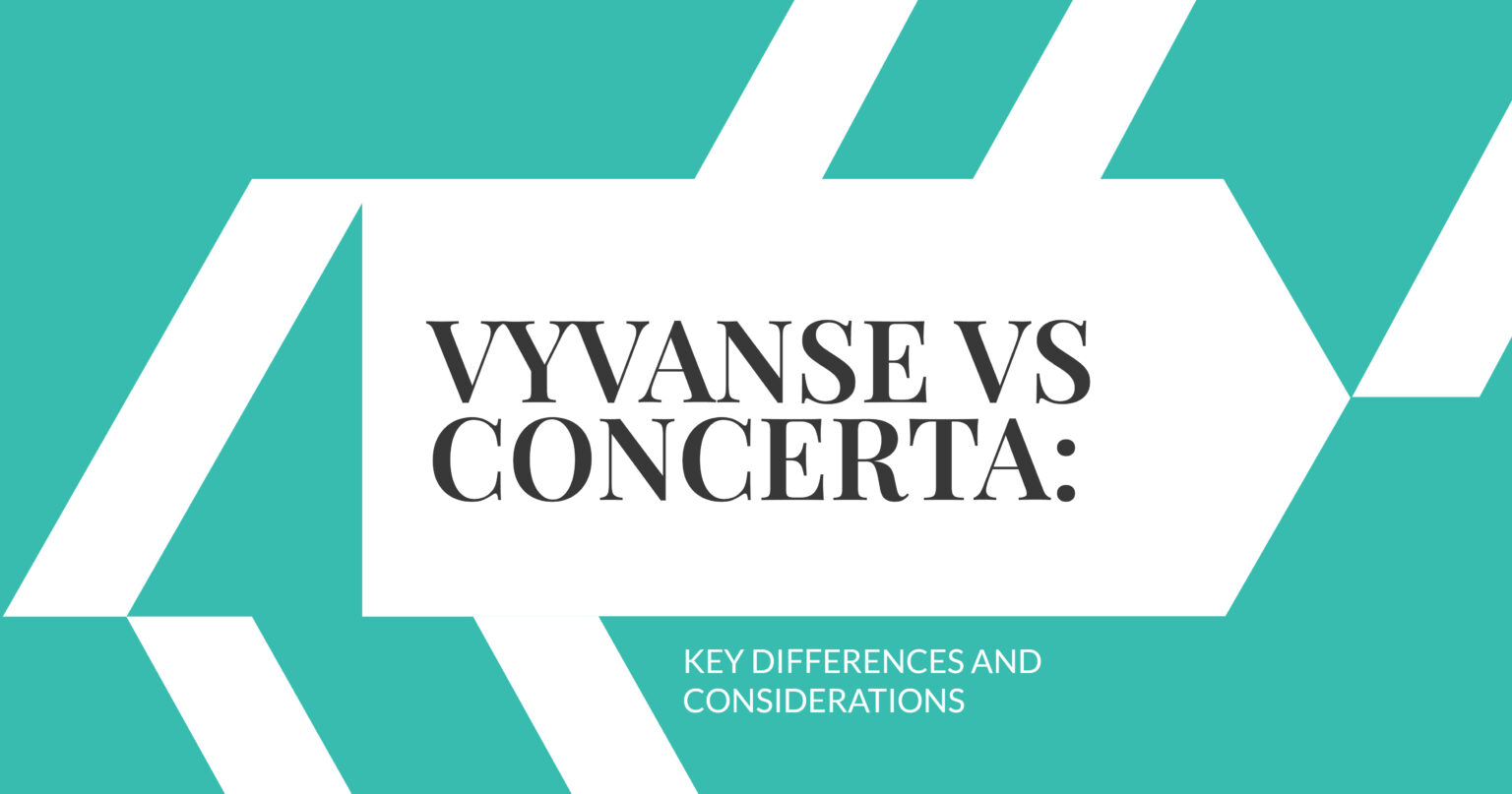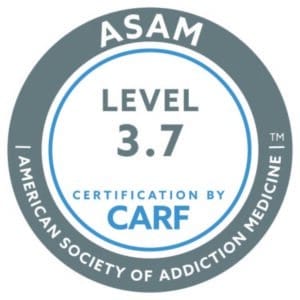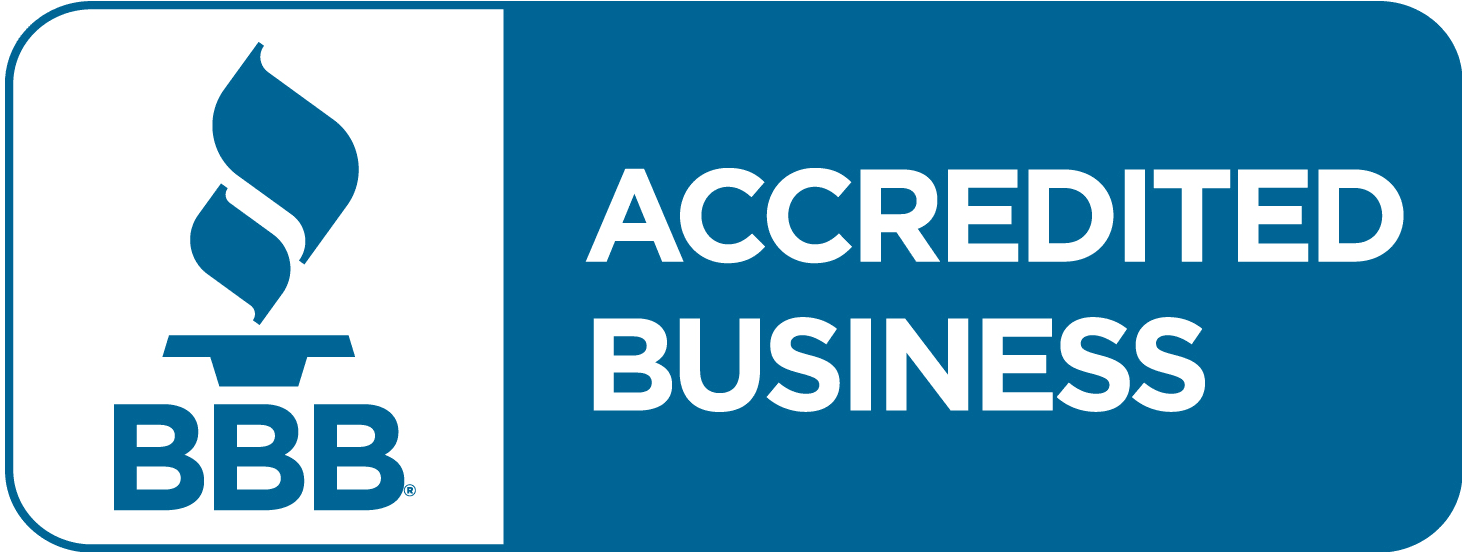Heroin addiction is an epidemic that has plagued the world since the late 1800s. In the United States, 60% of fatal drug overdoses in 2014 were caused by opioids, the majority of which were classified as heroin. In Orange County, the rates of heroin usage have steadily grown over the last decade. Despite the risks of injury and death related to this drug, recovery is possible for anyone who’s suffering from an addiction to heroin. This article will detail the dangerous properties of heroin, how to find a heroin rehab in orange county, and what to expect when going to rehab for this drug.
The Rise of Heroin as an Addictive Drug
After morphine was discovered in the early 1800s, scientists started to refine this ingredient to develop and sell opiates in order to treat a wide range of illnesses in hospitals. During the opium craze in the medical world, pharmacies and scientists alike were searching for an even stronger and more effective drug to market. This is where heroin first comes into the picture.
Heroin was invented as a medical drug derived from morphine, which occurs naturally in certain types of poppy seeds. The production and use of heroin began in the late 1800s and soon began to show its negative effects by the path to addiction.
In the 1920’s, heroin was banned from medical use due to its dangerous addictive properties. However, those seeking out the drug still managed to find ways to get it. Its illegal and harmful use only continued to spread throughout the years.
Today, heroin is known for its highly addictive properties, widely considered one of the most dangerous drugs to consume. Despite this, its recreational use is still a widespread phenomenon. According to the 2018 National Survey on Drug Use, it’s estimated that around 9.2 million people worldwide are heroin users.
Why & How is Heroin So Addictive?
When a person takes heroin or any other kind of opiate drug, it enters the bloodstream and makes its way to the brain. The drug then reaches certain receptors in the brain responsible for reacting to chemicals consumed. Heroin affects the brain’s opioid receptors which regulate and sense pain, pleasure, stress, and moods such as depression, anxiety, or relaxation.
The way this drug impacts our receptors is by interacting with our endorphins, which are the chemicals in our body that can make us feel happy and relaxed. Endorphins reduce feelings of stress or pain when released. Then, our brains convert heroin into morphine and a chemical called 6-MAM. This is how people can get “high” and experience feelings of euphoria.
Because heroin is known to trigger feelings of extreme happiness and temporarily eliminate feelings of pain or stress, many people try to seek it out to cope with the hardships of life. Some think it can be a one-time thing without negative consequences. Additionally, heroin is known to be very cheap to produce and purchase, making it even easier to access when sought out.
Overall it’s important to realize that, despite the positive feelings using heroin can induce, the negative outcomes of using it even once are serious. Heroin has taken over many lives. It’s strongly addictive. Opioids, in general, are considered one of the most dangerous and fastest growing addictions in the world.
The immediate downside of heroin use is it affects the part of your brain that allows you to function properly. Heroin can influence your actions and prevent you from going through with your everyday tasks. This can lead to you harming the relationships in your life, losing your work and studying opportunities, and in the worst-case scenario, it can even be fatal to you or others.
Signs of Heroin Addiction & Side Effects
Heroin addiction can impact a person and their loved one’s lives in more ways than one. People who abuse heroin will more often than not end up destroying close relationships they have, pushing people away, and can often even lose their jobs and their homes and end up on the street.
This is why it is extremely important to recognize the signs of heroin addiction. A user can get help and seek recovery in a rehab center as soon as possible. The question is, how can you tell when someone is abusing heroin?
Aside from the euphoric high that is produced, people who use heroin can experience some temporary short-term side effects. These can include:
- Heavy breathing or shortness of breath
- Constipation
- Losing control of cognitive abilities
- Lack of appetite
- Contracted Pupils
- Feeling tired or exhausted
- Nodding off at strange times
- Lack of impulse control
- Dizziness and nausea
- Vomiting
- Dry mouth
- Severe itching throughout the body
- Red or flushed skin
- Disorientation and memory loss
Along with short-term side effects, heroin can produce long-term physical consequences. These can look like:
- Low immune system
- Chronic stomach cramps
- Damage to the liver, kidneys, heart, and lungs
- Infections due to injection
- Collapsed veins
- Poor dental health
- Partial paralysis
- Arthritis
- Erectile dysfunction in men
Lastly, other than the many physical and cognitive effects that heroin will have on one’s brain, frequent drug abuse will often affect a person’s behavior as well. Many heroin addicts begin to use long sleeves on a regular basis to hide the needle marks from injections.
They might show a lack of personal hygiene and disinterest in their health and everyday responsibilities. Usually, heroin users will isolate themselves and their relationships with their family and friends will deteriorate. If you notice any of these symptoms or behavioral changes in yourself or a loved one, it is vital that you reach out for help and find a rehab center to admit to immediately.
Finding a Heroin Rehab in Orange County
Rehab is considered the first crucial step towards a healthy recovery from any kind of substance use disorder. The most common and effective type of rehab for beginners is called residential or inpatient treatment. This means you’ll be temporarily living in a facility with health professionals and other people in recovery from drug addiction. This can last anywhere from a month up to six months typically.
These types of rehab centers typically follow a structured routine, where your recovery path is outlined in an organized and community-centered manner. The first thing you will typically receive is a medical evaluation in order to determine how to best treat your addiction.
During this evaluation, you may undergo a dual diagnosis, where a health professional might diagnose you with a co-occurring mental health disorder. This might seem overwhelming, but it is all done in an effort to provide you with the most personalized experience possible.
During rehab, you will be part of many activities. These may include but are not limited to:
- individual counseling
- group therapy or support groups
- family counseling
- holistic health methods such as nature retreats or creative therapy
However, the most important process you will undergo is your initial medical detox.
What to Expect When Going Through Heroin Detox
Medical detox is where you will go through a stage of releasing unwanted substances, in this case, heroin, from your body. You will likely experience severe symptoms of withdrawal. When it comes to heroin, withdrawal includes mood swings, muscle and stomach pain, sweating, jitters, cravings, insomnia, high fevers, and nausea or vomiting.
Because of the intensity of the detox process, you will be provided with 24-hour medical care and supervision. At the same time, you will be part of a tight-knit community of people who are going through or have gone through the same thing as you.
There are certain types of medication that are most commonly used when treating heroin withdrawal symptoms. These can include Clonidine, Naltrexone, and Suboxone. Additionally, a study released by John Hopkins University reported that the effects of the medication Buprenorphine had an over 70% success rate in helping reduce cravings while detoxing from heroin.
How long detox will last will vary depending on each individual, but luckily, heroin is known to leave our systems faster than other drugs. You can expect most of the withdrawal symptoms to last anywhere from a few days to a week while going through different stages of intensity throughout the withdrawal process.
What Happens After Rehab?
After detox, you will go through rehab. The length of stay varies depending on your personal needs. After you leave rehab, you will still be able to benefit from the support of your community and health professionals. Usually, rehab centers will have an aftercare program put in place to help you adjust to your sober life and get back on your feet. You will likely also continue to be part of a support group and receive counseling.
While success rates of drug rehab are difficult to determine, it’s been reported that heroin users have a 65% rate of successfully completing rehab when done through a residential program.
It can’t be promised that your life will be completely fixed after finishing rehab successfully. Addiction is a lifelong battle that needs continuous effort put into it, especially when it comes to drugs like heroin. But, it’s been repeatedly reported that addicts maintain a much higher quality of life after leaving rehab and beginning their drug-free life.
Heroin users who are able to successfully quit using the drug are prone to exhibiting less criminal behavior, repairing the relationships in their life, receiving more job and study opportunities, and overall, being happier in their everyday life.
What to Look for in a Heroin Rehab Program
Rehab is often the place where people start a new chapter for the rest of their lives, and there are many great facilities out there. In Orange County alone, there are over 1,000 rehab programs available, most of which treat heroin addiction. Therefore, it goes without saying that choosing the right drug rehab center can be an overwhelming task for many people with a substance use disorder.
Luckily, there is an abundance of resources available for how to find a rehab program that is right for you. You will want to consider several important factors while looking at potential rehabs for you to go to. These can include factors like cost, location, length of stay, and what activities and services are available.
A good rehab program will always provide medically supervised and assisted detox, especially when dealing with heroin addiction. There should be a good variety of therapy options available, and a focus on dual diagnosis treatment as well. You should also look into the aftercare offered in each rehab program; you don’t want to enter a program that will abandon you after you’ve completed your initial treatment and left the center.
As far as paying for rehab goes, we understand this can be an expensive investment. This is why it’s important to choose a rehab center that can be covered by your insurance plan. Additionally, many rehab centers offer financial aid packages for certain disadvantaged members of the community. Most reliable rehab facilities will also discuss your financial situation with you during an initial consultation, in order to best determine your compatibility with the program.
Arguably the most important factor to look out for when choosing a rehab program is to make sure they are certified and accredited by one or more major national and state-wide boards of health and drug recovery. Likewise, all of their medical staff should have the appropriate background, licensing, education and overall credentials to be working with heroin-addicted patients.
How to Find Heroin Rehab in Orange County That’s Right For You
Orange County is one of the most popular destinations to receive drug recovery treatment, particularly when it comes to opioid drugs such as heroin. This is partly because of the high addiction rates in OC, as well as the variety of rehabs available in Southern California.
However, that’s not the only reason why Orange County has such a thriving sober community of people in recovery. People who suffer from drug abuse, particularly heroin, typically want to start their new lives in a relaxing location. With Orange County’s coast side of beautiful beach cities and desirable warm summer weather, it’s considered one of the best, most luxurious places to start your path to recovery.
Overall, the most important thing you can do as a heroin user is to seek help immediately. For more information on finding a rehab center for heroin in Orange County, we recommend you call a rehab like Opus Health. Additionally, be sure to look up addiction recovery resources that can be found online.
If you or a loved one needs help, call us at Opus Health.










